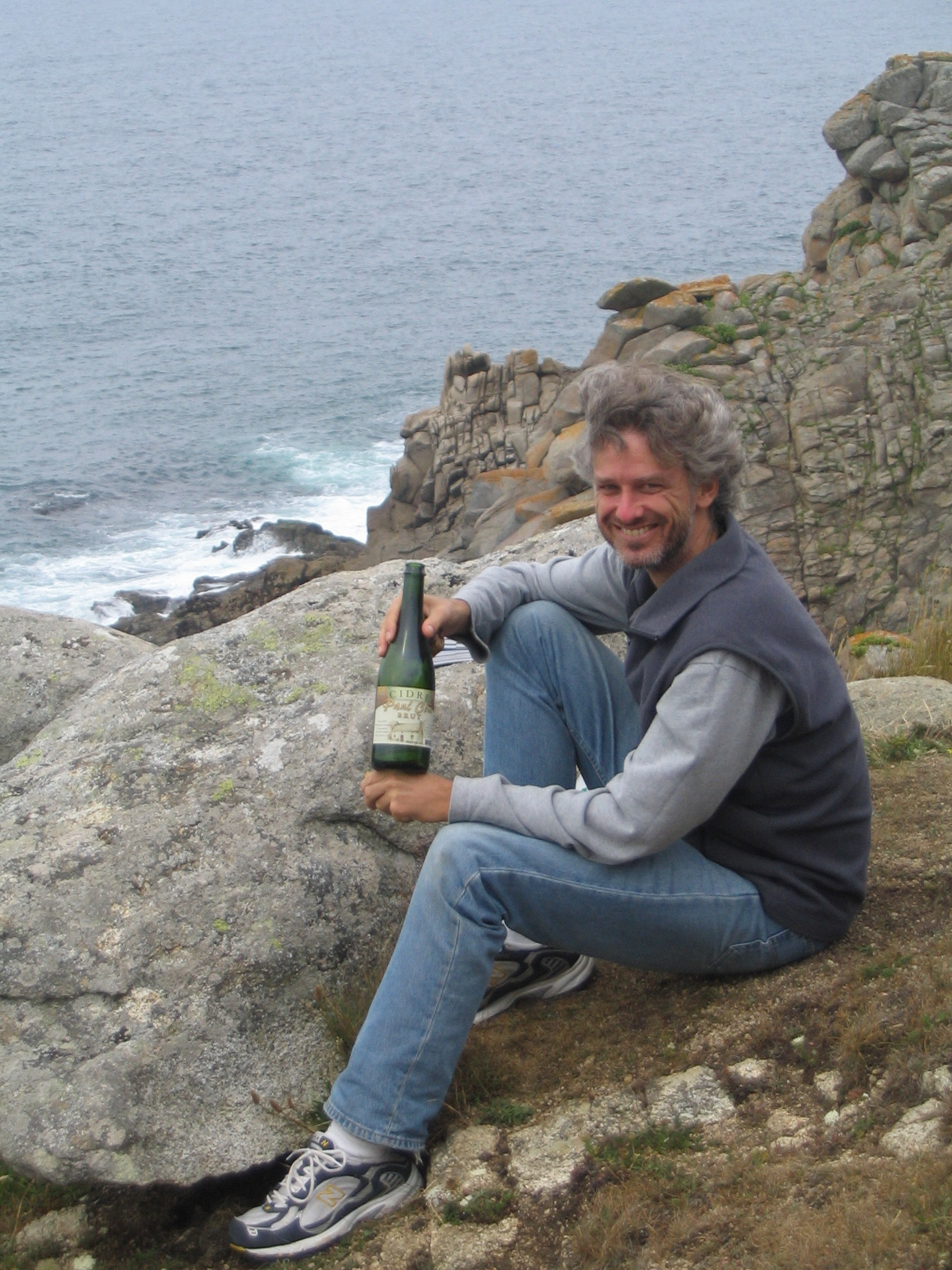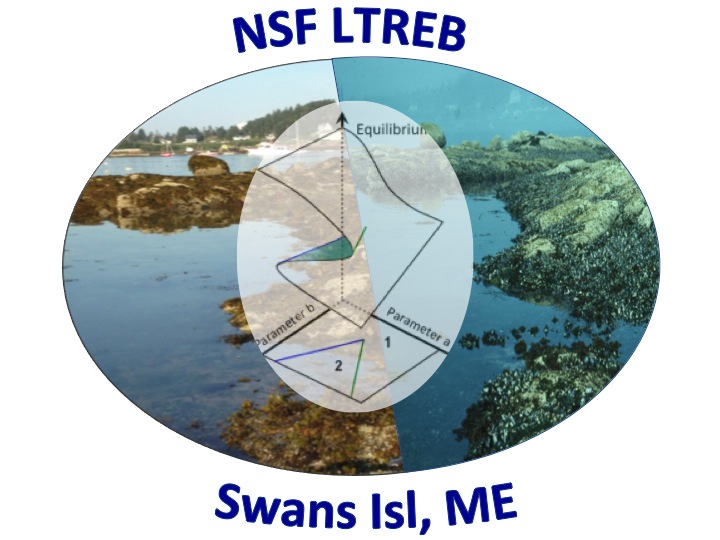

|
 |

| |||

|
|
A common theme at all levels of biological organization, from genes to ecosystems, is that biological outcomes depend on the inherent characteristics of individuals and their environmental context. Much of my field ecological research has examined the role of these contingencies in natural systems. I am increasingly interested in the expression of characteristics in response to environmental context at other levels of biological organization and their ecological and evolutionary implications. I use marine macroalgae and colonial invertebrates as model systems because they are well suited to address the themes of my work. Seaweeds and clonal invertebrates are central features of benthic marine hard substrate communities and both taxa are easily manipulated in field and laboratory experiments. Many have alternate sexual and asexual life histories that lend themselves to the study of life cycle evolution. Morphological variation is often ecologically significant and many taxa show great morphological plasticity and continuous development making them ideal subjects for studies of interactions between genes and environment in morphological development. I study marine benthic organisms because a great diversity of lifestyles (often in a single lineage) coexists in one ecosystem. I study phyletically diverse members of the marine benthos because the differences among them as plants, algae and animals are outweighed by similarities between them in features of their development, convergent morphologies, demography and evolution. |
|
|




